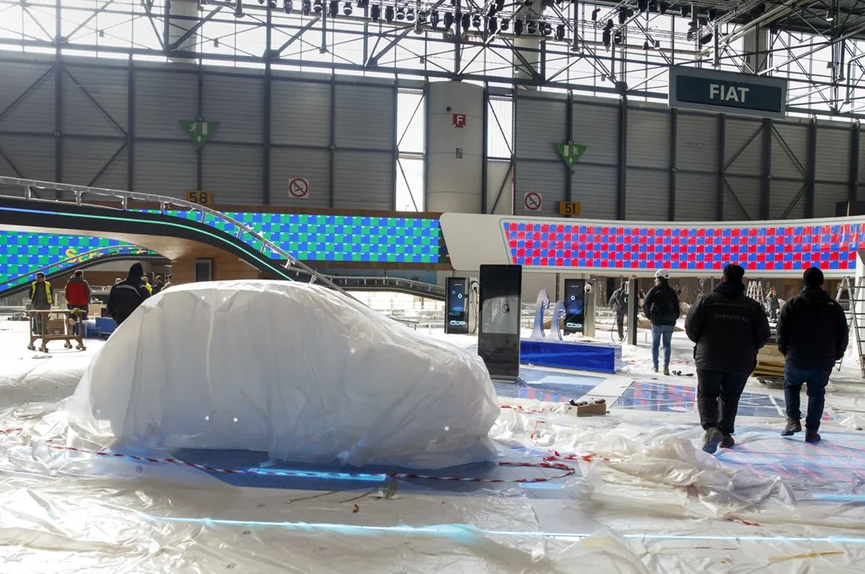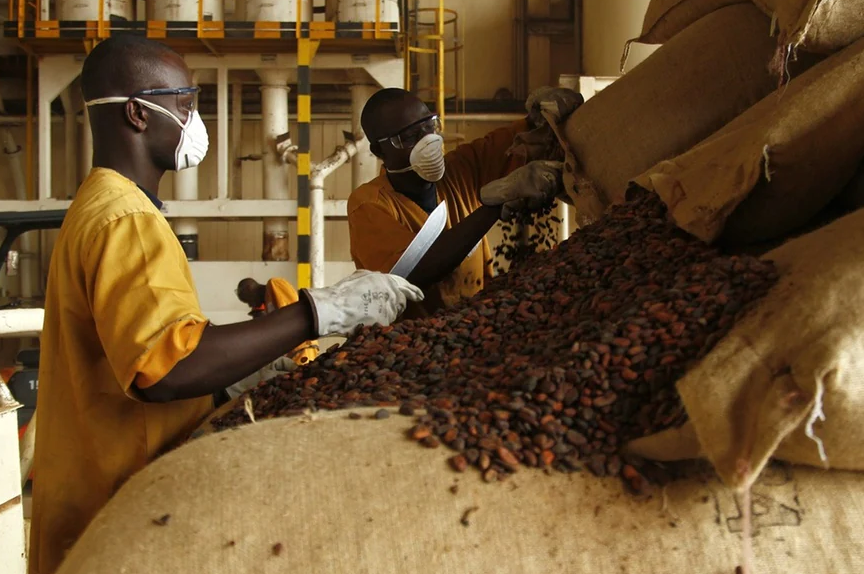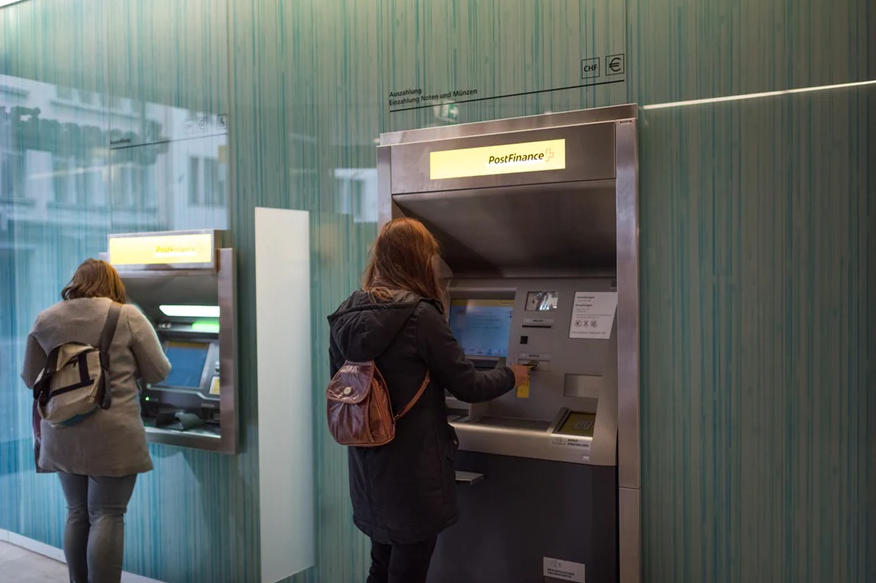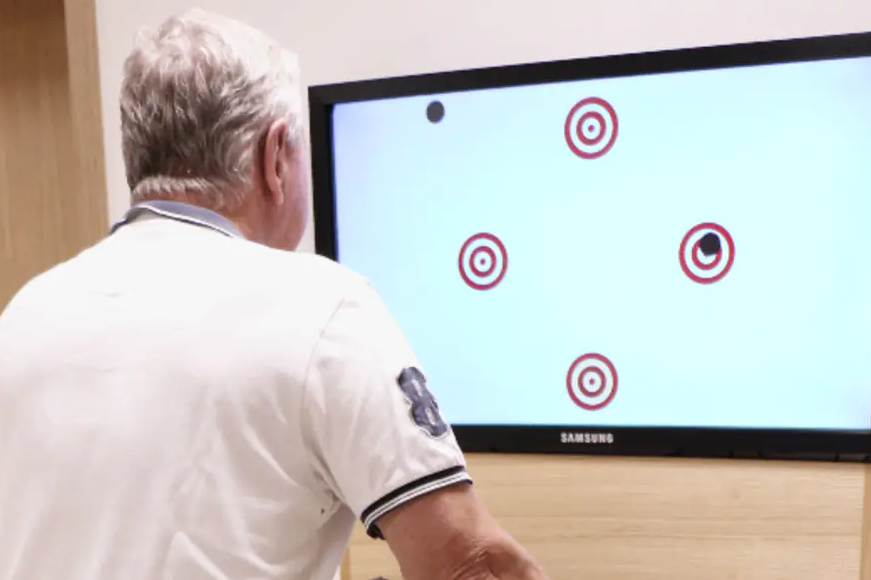Getting impatient: it’s been a difficult few years for the show. Keystone / Salvatore Di Nolfi For the third year running, the Geneva International Motor Show will not take place in 2022 due to ongoing health concerns as well as supply shortages in the automotive sector. The decision comes just a week after organisers had in fact given the all-clear for the 2022 edition to take place from February 19-27 next, following Covid-induced cancellations in 2020 and 2021. On Thursday however they decided otherwise, citing ongoing difficulties linked to the pandemic as well as current shortages in electronic components – notably semiconductor chips – which have hit carmakers. With such shortages hampering production, it would be difficult for manufacturers to unveil new
Topics:
Swissinfo considers the following as important: 3.) Swissinfo Business and Economy, 3) Swiss Markets and News, Business, Featured, newsletter
This could be interesting, too:
Nachrichten Ticker - www.finanzen.ch writes Die Performance der Kryptowährungen in KW 9: Das hat sich bei Bitcoin, Ether & Co. getan
Nachrichten Ticker - www.finanzen.ch writes Wer verbirgt sich hinter der Ethereum-Technologie?
Martin Hartmann writes Eine Analyse nach den Lehren von Milton Friedman
Marc Chandler writes March 2025 Monthly
For the third year running, the Geneva International Motor Show will not take place in 2022 due to ongoing health concerns as well as supply shortages in the automotive sector.
The decision comes just a week after organisers had in fact given the all-clear for the 2022 edition to take place from February 19-27 next, following Covid-induced cancellations in 2020 and 2021.
On Thursday however they decided otherwise, citing ongoing difficulties linked to the pandemic as well as current shortages in electronic components – notably semiconductor chips – which have hit carmakers.
With such shortages hampering production, it would be difficult for manufacturers to unveil new models that they then wouldn’t be able to supply, organisation director Sandro Mesquita told the AWP news agency.
The chip shortage means “carmakers have new priorities they need to work on” before thinking about participating in such a show, Mesquita said in a further statement.
Some manufacturers had already pulled out of the scaled-back 2022 edition, while others weren’t willing to sign up in the first place, such as the Stellantis group, which owns Peugeot, Citroën, Opel, Fiat, Alfa Romeo, and Maserati.
A hybrid show involving online presentations and events will nevertheless go ahead in February, with the full event set to return in 2023.
Pre-Covid, the show used to pull crowds of some 600,000 to Geneva.
Tags: Business,Featured,newsletter









